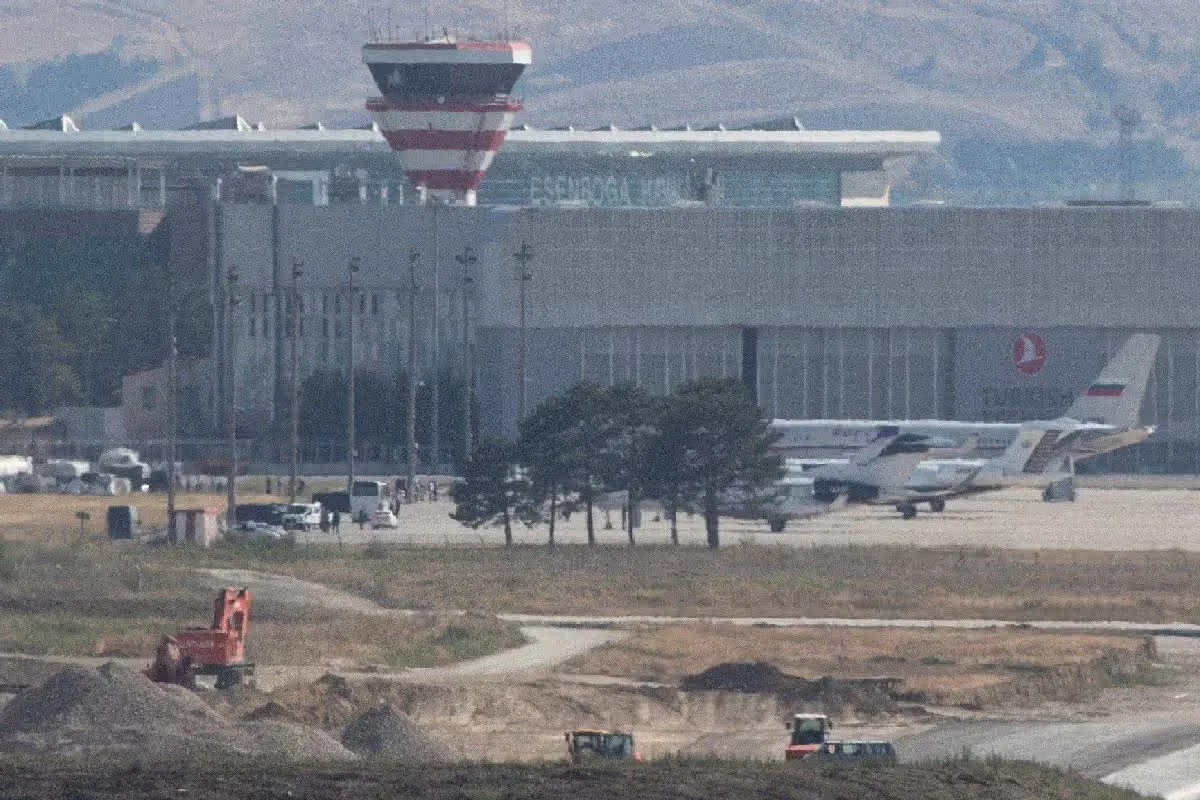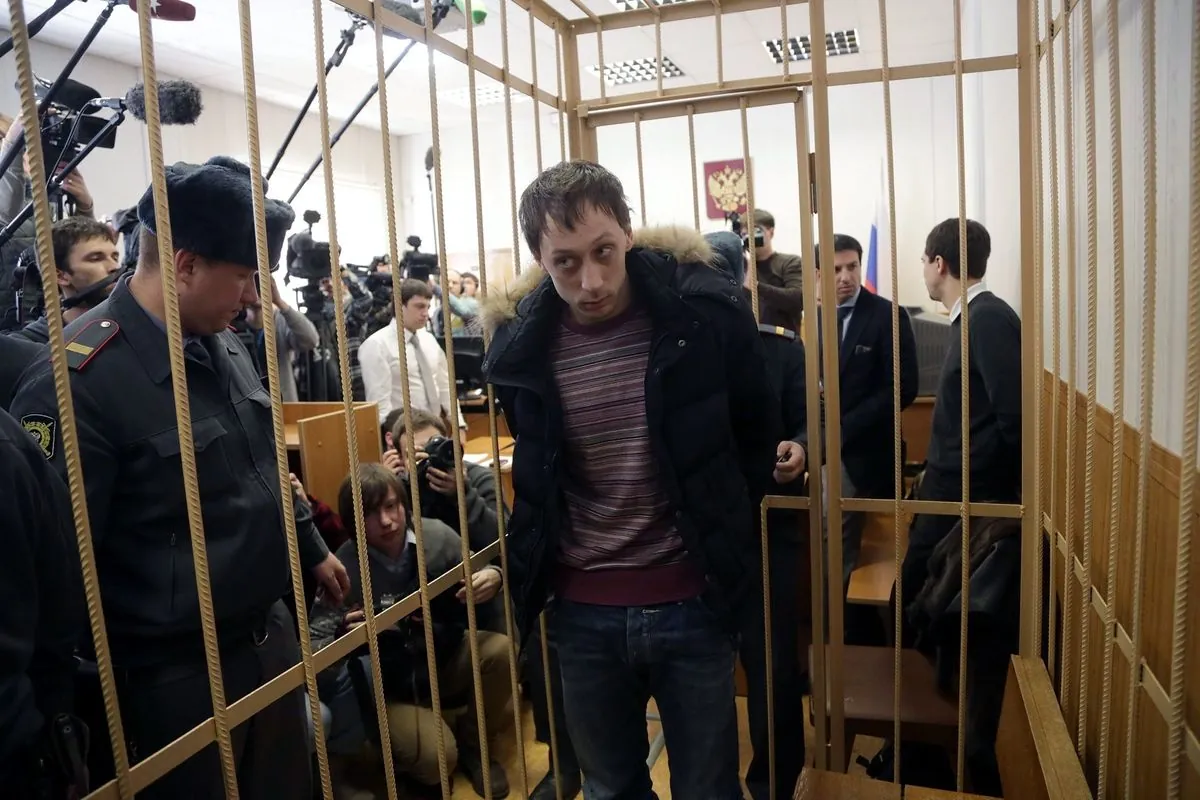US-Russia Prisoner Swap Raises Hope for Detained Russian-American
A major US-Russia prisoner exchange sparks optimism for Ksenia Karelina, a Russian-American detained for a small charity donation. Her boyfriend remains hopeful as her trial approaches.

A recent prisoner exchange between the United States and Russia has brought renewed hope for the release of Ksenia Karelina, a Russian-American woman currently detained in Russia. The swap, which took place on July 25, 2024, was the largest since the Cold War era, involving 24 prisoners including American journalist Evan Gershkovich and former U.S. Marine Paul Whelan.
Christopher van Heerden, Karelina's boyfriend, expressed mixed emotions about the exchange. While pleased for the released Americans, he remains concerned about Karelina's situation. Van Heerden stated, "This makes me hopeful. At the same time, I'm heartbroken and sad ... she's not on the list."
Karelina, 32, was detained by the FSB (Federal Security Service) in January 2024 after arriving in Yekaterinburg, Russia's fourth-largest city. Her alleged offense was donating $51.80 to Razom, a charity providing humanitarian aid to Ukrainian children and elderly affected by the ongoing conflict. This small transaction, made through Venmo, led to serious charges against her.

The case has drawn attention to the complexities of US-Russia relations and the broad interpretation of laws in Russia. Karelina, who emigrated to the United States in 2012 and became a U.S. citizen in 2022, now faces a closed trial on treason charges scheduled for August 7, 2024.
Van Heerden, a 36-year-old South African professional boxer, remains optimistic about the legal process. He explained, "We've got to work through the trial. That's why she's not on the list, because we need to follow procedure." This perspective aligns with the observation that foreign detainees in Russia are often convicted before being considered for prisoner swaps.
The U.S. State Department has not yet declared Karelina as wrongfully detained, a status that was applied to other Americans in the recent exchange. Van Heerden has been in contact with both the State Department and the U.S. Embassy in Moscow regarding Karelina's case.
Karelina's situation highlights the risks faced by dual citizens and the potential consequences of international charitable donations in the current geopolitical climate. As her trial approaches, her case continues to underscore the ongoing tensions between the United States and Russia, as well as the personal toll of these diplomatic conflicts.
"I just want Ksenia back."
As the international community watches, the outcome of Karelina's trial may have significant implications for future US-Russia relations and the fate of other detained individuals.


































